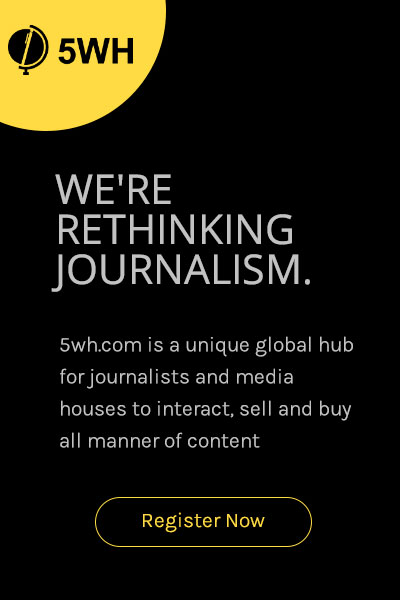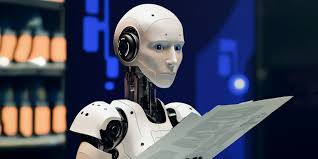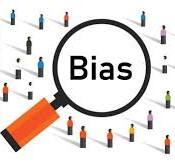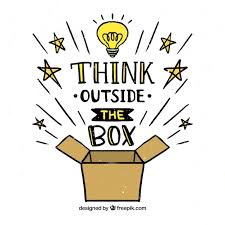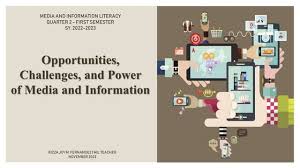.png)
Bias is the best, beware of bias
Be biased. If you are being told this for the first time in your career as a journalist, read on!
Our duty as journalists is to keep the public informed. But we do more than that. Or, less than that, usually most of the time. We tell them a little less or a little more than want is there to tell. That is our bias at work. Let us not get into the heavy bias stuff today. We all know what serious biases are. We see the news on tv, read it on the net or in the papers and we are fully aware. Aren’t we?
But today, we are at the basics. In India in the late 1970s and early 1980s, we had only one channel, Doordarshan. For those who can recall watching those black and white pictures, there used to be a static camera that weighed nearly 75 kilos at one corner of the venue and that recorded whatever happened within the periphery of its lens. If the cameraperson was in an audacious mood, the camera would laboriously pan right and then left, catching anything and anyone coming in the way. There was hardly any editing done those days.
A voice-over as staid as the pictures was laid over them and fed out. The point of this laborious deja vu is this: Did the visuals ever interest you or grab your attention? No. Why? Because they told you the obvious. The obvious, what is visible, what the reality your eyes can hold, is not interesting. Bias perks up the news. Makes it interesting. Indifferent news is the product of bias. How do you make drab news interesting? You package it attractively, without taking away from its being. That is the work of bias.
If a visual of a fracas at an election rally, where an earth-shattering statement was made by the leader, is shown on tv, the visual certainly looks animated and gets curious looks, but it is a distraction from a piece of bigger news. Any distraction is the result of bias. The fracas distracts you from what the leader said. The statement could have made you that much more informed as a viewer and voter. But why were the fracas shown in the first place? Don’t look for an answer. Bad news selection is a product of bias. So many things happen on the tv which is not right. They are all products of bias, mind you. You may have been taught in journalism schools about big words and bigger theories like mediation, influence, manufacturing consent, democracy and media, objectivity, subjectivity, truth, reality, illusion, lie, and so much more. They all have their place in a political or sociological interpretation of society and communication.
But they are all caused by one thing. Yes, bias. How come? If you are not biased toward your viewer, your effort to gather and disseminate news is a waste. Your news should tell the truth to the viewer. That means you are biased in favour of truth. IF you are neutral, you cannot achieve that. So, neutrality does not get you anything other than a story for academic interest. But remember, do not be neutral but be non-partisan. That is, you are actively participating in the production (not manufacture) of news. News is the fuel that keeps the public sphere chugging along. The public sphere is where informed debate dwells on, sizes up and re-shapes ideas, and chisels points of view into shapely movements. The outcome, in practice, is democracy. So, you be forthright is being biased in favour of democracy. No worries.
Do you know what happens if our bias is not genuine? It stinks society. Look around you. An Afro-American (political correctness is the latest bias) is killed by a white policeman in the US and the tv debate is about racism. A woman is raped in India, the debate is about gender empowerment. The tv stations insist they are looking at the big picture. But that big picture is biased. Biased against the victim. Why don’t you focus on the dead Afro-American’s case, the case of the rape accused, and follow it up day after day? Don’t we all know that racism exists, that rapes happen? So? Do we then ignore the victim and keep seeing the big picture? Are we not distracting the narrative from reality? Are we not preferring studio-based arm-chair debates to strenuous reportage? Bias. Bias.
We, in India, have all grown up reading a particular sentence in the newspapers when communal riots happen. “Some members of the majority community clashed with members of the minority community, here today.” Hogwash never sounds so grammatically correct! Everybody and anybody know which communities clashed, who killed whom, and so on. But the newspapers would not tell you that. Why? They are being socially responsible and maintaining an unbiased posture. Hogwash again. As I said above, neutrality harms democracy. It is information and truth that abets it. How amazing, then, that in days of live tv, we have reports using the word “community” to mask the truth!
Bias is if you withhold the truth or any information to give a slant to the news report to elicit the reaction you want from a particular person or party. Bias is conveniently but intentionally glossing over a glaring truth because you are not comfortable with it. Bias is deliberately misleading the viewer to favour someone. These are not examples of mere bias. These are examples of dangerous bias.
Bias is relative to your attitude towards truth. It will influence you positively or negatively but will never leave you. It is the shadow your news report leaves on a newspaper. So, don’t be afraid of bias as long as you are biased towards your professional duties. Do you know the biggest problem with the media the world over? The media is ever scared of being told that it is biased! That is why the “community” business. It is only lip service. The real harm goes on, unhampered. Bias never harmed democracy. Intentional unbiasedness did. And does.
(The writer is a contrarian journalist-academic.)
.png) Venkata Vemuri
Venkata Vemuri